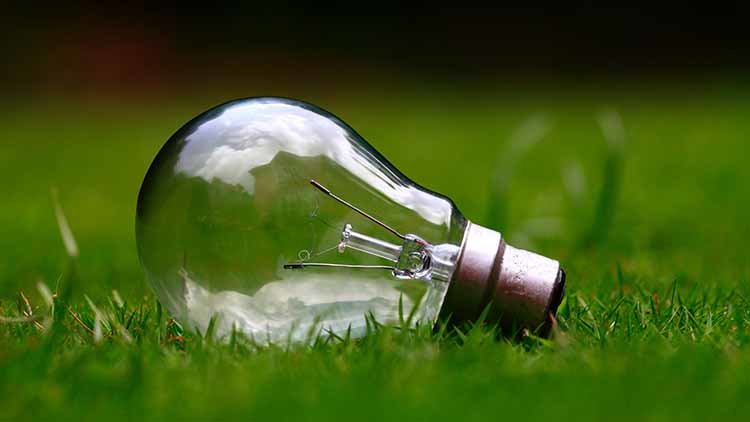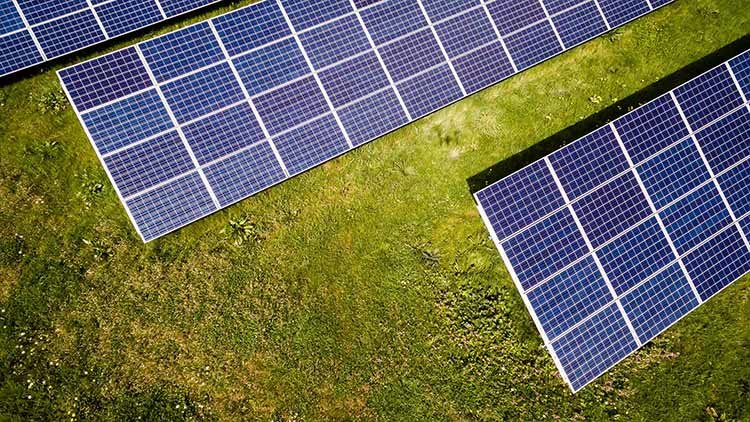Keep Business Costs Low with Renewable Energy
As a small business, you are invariably looking at ways to cut costs and save money wherever you can. For instance, many innovative entrepreneurs look towards cloud-based technology and software as an alternative to physical servers, data storage and maintenance-related options as a starting point. Most businesses consider their employee costs as a major expense item and find creative ways of minimizing payroll costs to keep operations profitable.
This includes employing the services of consultants, part-time workers, and freelancers instead of full-time employees. Viewed in entirety, these cost savings will invariably go towards greater efficiency of operations. However, there is one aspect of business costs that often gets overlooked with new businesses: Renewable energy sources. Granted, you may encounter a substantial ‘down payment’ to get the ball rolling, but the long-term benefits far outweigh the costs.
Using Renewable Energy to Drive Up Profits
There are many forms of renewable energy that can be used to power your business. When you decide to go green, there are spill over effects for the environment and the bottom line. Years ago, renewable energy sources were the exception to the rule. Today, more businesses are environmentally conscious than ever before, and they are contributing to the reduction in greenhouse gas emissions, environmental pollutants, and conventional power generation.

Photo by Ashes Sitoula on Unsplash
There are 5 typical renewable energy sources. These include geothermal, biomass, hydro, solar and wind. The increasing utilization of renewable sources of energy is reducing greenhouse gas emissions, and creating a tectonic shift in consumer perceptions. In 2005, just 15 countries established renewable energy targets, but by 2014 that number had increased tenfold. Another interesting statistic is the following: 4 years ago, global renewable energy resource production accounted for 22.1% of all electrical output.
You might also want to read: Running your Business from a self storage.
The United States is rapidly moving towards increasing its renewable energy production capacity by 50% within the next 2.5 years. Stakeholders at all levels prefer renewable energy resources over conventional energy sources such as oil and natural gas, electricity from power stations and the like. This has a unique impact on societal preferences which then feeds consumer buying patterns. Not only is clean energy good for the environment, it’s also good for business.
When will Renewable Energy Implementation Pay Dividends?
In terms of cost reductions in your small business operation, you will invariably see strong cost savings with concentrated solar power and photovoltaic power renewable energy sources. It is imperative that the necessary conditions are available for the adoption of renewable energy in your business.
For example, an agricultural business that relies on wind energy, or solar energy should have the necessary infrastructure in place to facilitate the operation of these systems. In other words, do the solar panels have unobstructed access to the sun (are trees blocking the panels?), or do the premises offer the structural support for large-scale solar energy adoption. Businesses that are in the business of exporting renewable energy should contact the requisite utility providers to ensure that everything is above board.

Photo by Andreas Gücklhorn on Unsplash
The cost savings evident with solar energy are abundantly clear. Whether you are a small business operation or a big business, the lifetime savings by adopting this renewable energy resource are dramatic. Over a 25-year time frame, the average homeowner can expect to save around $40,000 (more for businesses) by adopting solar energy. Of course, those cost savings increase sharply when you go to more expensive states in the country like California and New York. Then, the energy savings can amount to upwards of $100,000.
It Makes Sense to Go Green
These cost savings can be redirected back into the business, for growth, investment and emergency fund purposes. High-efficiency operations and cost savings are but 2 of the many objectives engendered by the adoption of solar energy. Typically, the lowest installation and servicing costs for solar energy adoption are in states where solar companies are based. It simply makes financial sense to adopt the technology where the companies are providing the resources.
Besides for the obvious cost savings, you also get to lock in your energy costs for many years to come. This is the biggest benefit of solar energy for business operations. Electrical energy and gas energy prices typically rise from one year to the next. This decreases your business’s profitability, and generates inflationary pressures. Of course, to be efficient at the highest level, solar energy panels must be of the highest quality. They should be able to capture the maximum amount of solar energy and be able to convert it into electrical energy. According to studies, monthly costs in USD can be reduced by as much as 72% with solar energy. The utility savings over 25 years routinely run into hundreds of thousands of dollars.